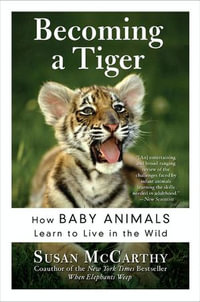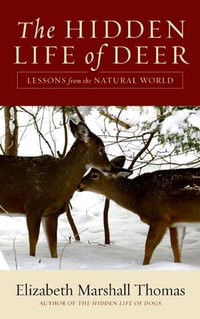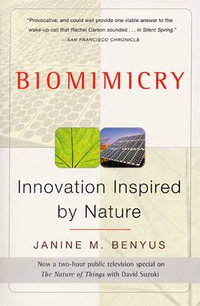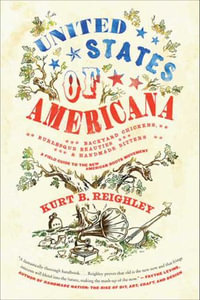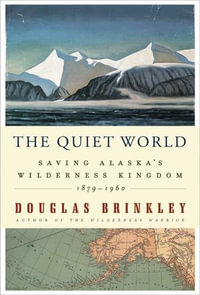
Community Ecology
Analytical Methods Using R and Excel
By: Mark Gardener
eText | 1 February 2014 | Edition Number 1
At a Glance
eText
$92.39
or
Instant online reading in your Booktopia eTextbook Library *
Why choose an eTextbook?
Instant Access *
Purchase and read your book immediately
Read Aloud
Listen and follow along as Bookshelf reads to you
Study Tools
Built-in study tools like highlights and more
* eTextbooks are not downloadable to your eReader or an app and can be accessed via web browsers only. You must be connected to the internet and have no technical issues with your device or browser that could prevent the eTextbook from operating.
ISBN: 9781907807633
ISBN-10: 1907807632
Series: Data in the Wild
Published: 1st February 2014
Format: ePUB
Language: English
Audience: Professional and Scholarly
Publisher: Pelagic Publishing
Edition Number: 1
You Can Find This eBook In
This product is categorised by
- Non-FictionScienceBiology, Life SciencesLife Sciences in GeneralEcological Science
- Non-FictionComputing & I.T.Business ApplicationsSpreadsheet SoftwareMicrosoft Excel
- Non-FictionMathematicsProbability & Statistics
- Non-FictionEarth Sciences, Geography, Environment, PlanningThe EnvironmentApplied Ecology


